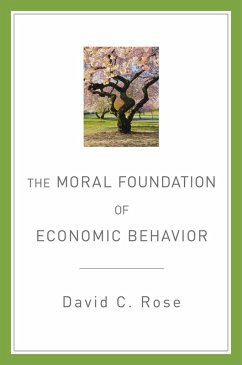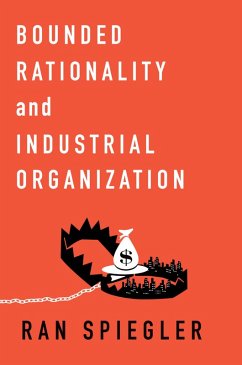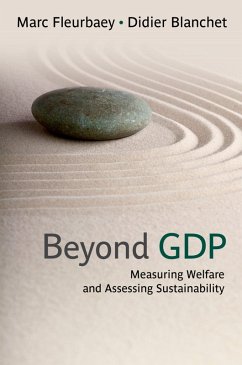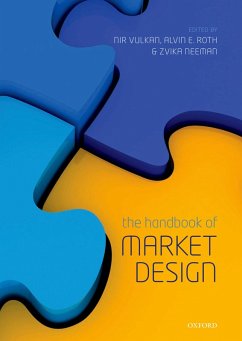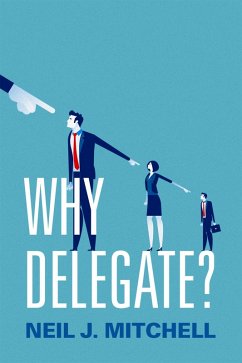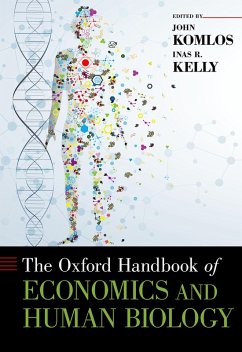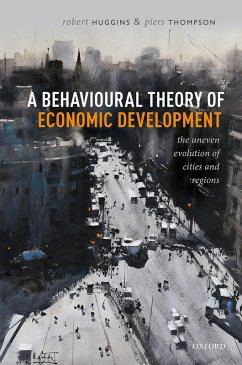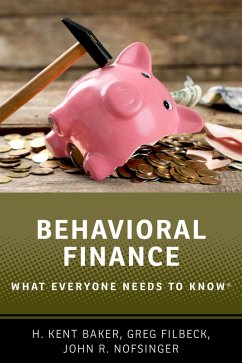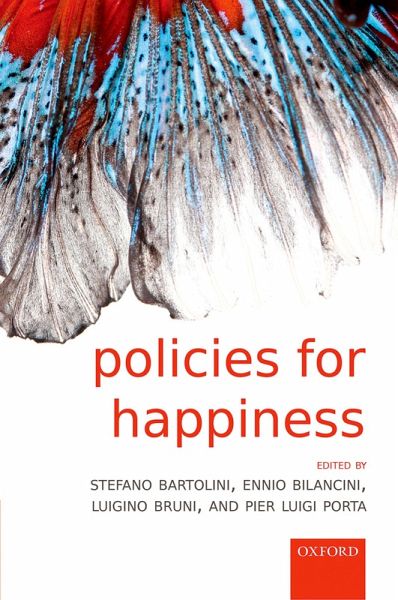
Policies for Happiness (eBook, PDF)

PAYBACK Punkte
32 °P sammeln!
In recent years, debates on the economics of happiness have shown that, over the long-term, well-being is influenced more by social and personal relationships than by income. This evidence challenges the traditional economic policy paradigm that has emphasized income as the primary determinant of well-being. This volume brings together contributions from leading scholars to ask: What should be done to improve the quality of people's lives? Can economic and social changes be made which enhance well-being? What policies are required? How do policies for well-being differ from traditional ones ta...
In recent years, debates on the economics of happiness have shown that, over the long-term, well-being is influenced more by social and personal relationships than by income. This evidence challenges the traditional economic policy paradigm that has emphasized income as the primary determinant of well-being. This volume brings together contributions from leading scholars to ask: What should be done to improve the quality of people's lives? Can economic and social changes be made which enhance well-being? What policies are required? How do policies for well-being differ from traditional ones targeted on redistribution, the correction of market inefficiencies, and growth? Are there dimensions of well-being that have been neglected by traditional policies? Is happiness a meaningful policy target? The volume presents reflections and proposals which constitute a first step towards answering these questions.
Dieser Download kann aus rechtlichen Gründen nur mit Rechnungsadresse in A, B, BG, CY, CZ, D, DK, EW, E, FIN, F, GR, HR, H, IRL, I, LT, L, LR, M, NL, PL, P, R, S, SLO, SK ausgeliefert werden.




